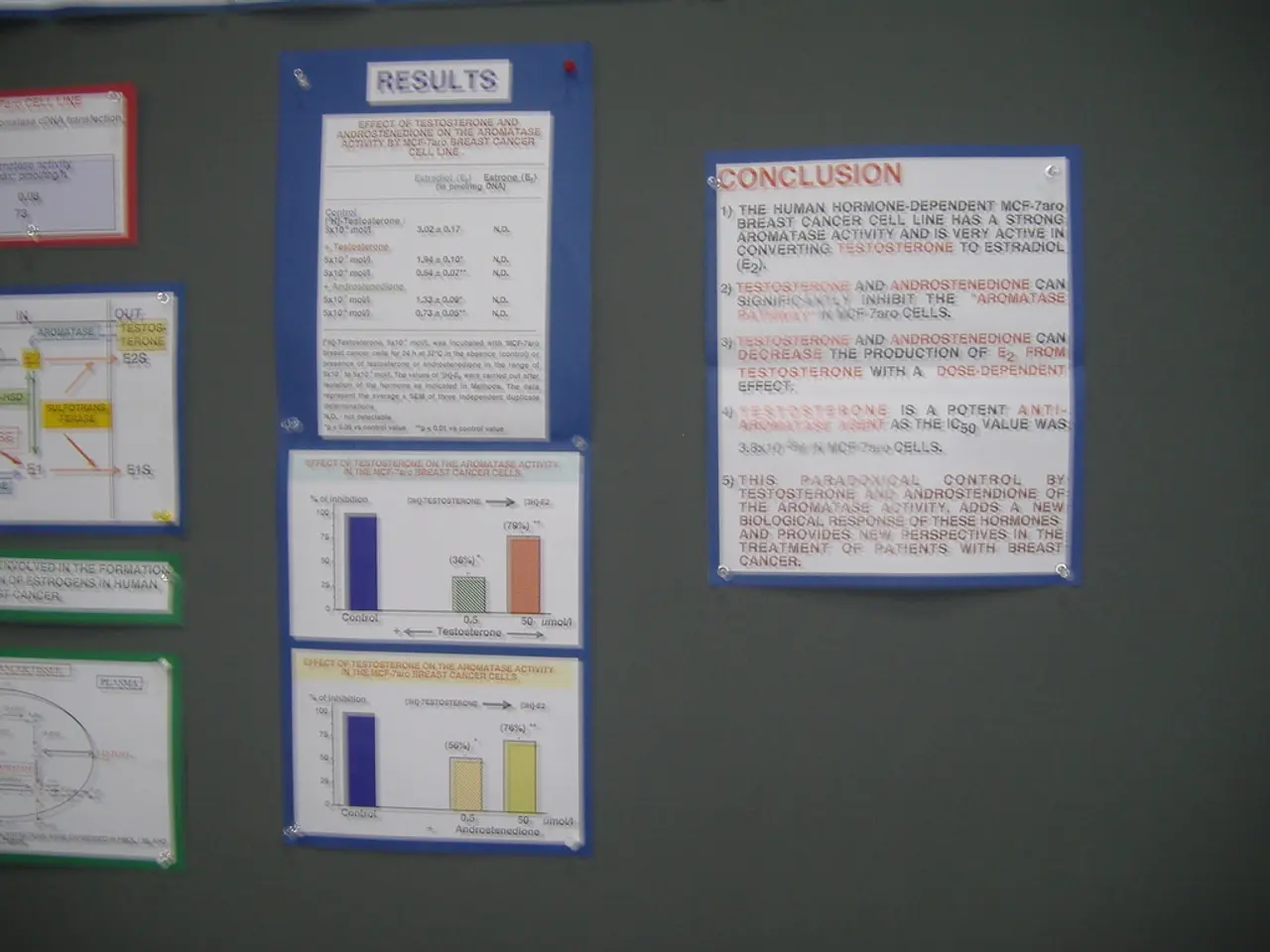Countries within the European Union reach consensus on policies for repatriating Ukrainians
The European Union (EU) has recently extended the protected status for Ukrainian refugees, allowing them to stay and work in the community until March 2027. This decision comes as a response to the ongoing conflict in Ukraine, which has forced over 4.3 million people to flee to the EU since the beginning of the Russian invasion.
Under this extended status, Ukrainian refugees do not need to apply for asylum and can enjoy the same rights as EU citizens, such as the right to work, receive social benefits, and access medical care. Most EU countries, including Germany, have already offered a temporary protection status for Ukrainian refugees, allowing them to stay and work without a visa or residence permit.
Denmark's Minister for Immigration and Integration, Kaare Dybvad Bek, has emphasized the importance of preparing for the day when Ukrainians may return to their country. However, the extension of the protected status does not affect the voluntary return programs offered to Ukrainian refugees, which include financial incentives in some cases. Refugees are advised to be able to travel to their home countries without losing their protected status.
The extension of the protected status does not change the EU's solidarity with Ukraine or its plans to offer integration opportunities and financial incentives to Ukrainian refugees. Many EU countries are discussing or proposing coordinated transitions to long-term residence permits for Ukrainians who are employed, studying, or have family reasons. This move aims to provide security and integration opportunities beyond the temporary protection phase.
Germany has taken in over 1.2 million Ukrainian refugees, making it one of the countries with the highest number of Ukrainian refugees. Denmark currently holds the presidency of the EU countries and has been instrumental in pushing for the extension of the protected status.
It is important to note that these recommendations are not legally binding on the member states of the EU. Each country has the freedom to implement the extended protected status in its own way. However, the EU's solidarity with Ukraine remains unwavering, and the extension of the protected status is a testament to the EU's commitment to supporting Ukrainian refugees during these challenging times.
Read also:
- United States tariffs pose a threat to India, necessitating the recruitment of adept negotiators or strategists, similar to those who had influenced Trump's decisions.
- Weekly happenings in the German Federal Parliament (Bundestag)
- Southwest region's most popular posts, accompanied by an inquiry:
- Discussion between Putin and Trump in Alaska could potentially overshadow Ukraine's concerns








